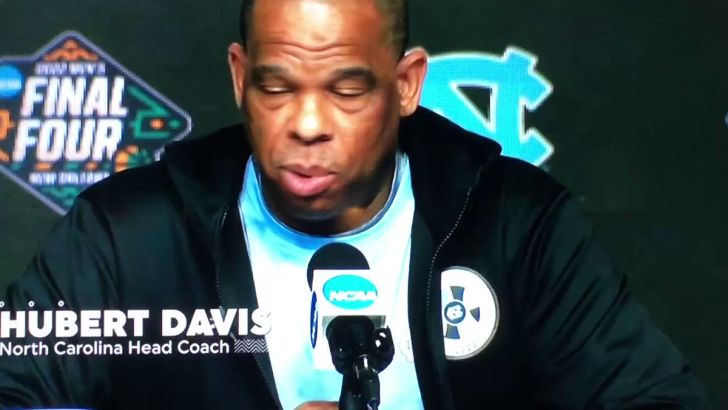“Yes, we're disciplined with what we do. But that's not enough. Relationships with people are what it's all about. You have to make players realize you care about them." - Gregg Popovich when asked about his philosophy of coaching and leadership.
In this week’s 3 Point’s, I’ll discuss the Coach-Athlete relationship, a framework and evidence around it, and a simple practice you can start this week.
1. Dr. Sophia Jowett is a professor at Loughboro University and works with Coaching UK. She has pioneered researching the benefits and mechanics of successful coach-athlete relationships. Jowett clarifies that the coach-athlete relationship is just like any other, a two-way street. According to Jowett, the effectiveness and success of coaching reside within the coach and the athlete and the unit relationship they develop.
The Coach-Athlete relationship sits at the heart of performance and well-being - Dr. Sophia Jowett.
Jowett further explains that “athletes and coaches who believe that the coach–athlete relationship is mutually trusting, respective, appreciative, and committed as well as co-operative, responsive, friendly, comfortable, and relaxed are more likely to be satisfied with performance, personal treatment, training and instruction, experience higher levels of motivation and enjoy higher levels of team cohesion and collective efficacy.”
2. The 4 C’s Framework for developing coach-athlete relationships.
Created by Dr. Jowett, the 4 C’s breakdown the feelings, thoughts, behaviors and connectedness that make up a great coach-athlete relationship.
CLOSENESS:
Closeness reflects interpersonal feelings of coaches and athletes that largely encapsulate an affective bond through their mutual respect, trust, appreciation, and liking for one another
COMMITMENT:
Commitment reflects interpersonal thoughts of coaches and athletes of maintaining a close (loyalty, commitment, reliance) relationship over time despite ‘ups and downs’.
COMPLEMENTARY:
Complementarity reflects coaches and athletes’ interpersonal behaviors of leadership and co-operation.
CO-ORIENTATION:
Co-orientation reflects coaches and athletes’ level of interdependence in terms of similarity and understanding concerning their views of the quality of their relationship.
Overall, research highlights that the quality of the coach–athlete relationship as defined and operationalized by the 4Cs is instrumental to performance success and wellbeing.
3. So what would I start doing if I had were coaching a team this week?
As Dr. Jowett explains, communication is the fuel of coach-athlete relationships, so I’d start here:




